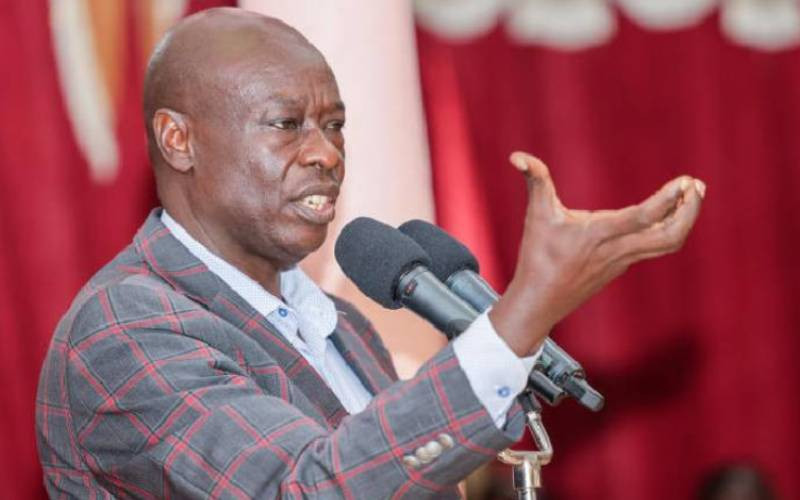As fuel prices escalate at alarming rates all over the world, Angola is hosting the 8th African Petroleum Congress and Exhibition (CAPE VIII). We talk to Dr.Omar Farouk Ibrahim, Secretary General of African Petroleum Producers’ Organization (APPO), about this year’s theme and possible solutions to one of the biggest threats to stability and livelihoods in any economy.
Afolake Oyinloye: The Secretariat of APPO has been reorganized for more efficient operations, can you share with us how the reorganization has impacted the management of the Secretariat?
Dr Omar Farouk Ibrahim: Appo has been in existence for 25 years before the Ministerial Council decided that there was a need for a major restructuring and reform of the organisation. And this was done knowing very well that the global energy scene has changed tremendously between the time Appo was founded in 1987 and the last ten years or so in 1987 when Appo was founded, the challenge was that of peak oil. People were thinking that very soon the world was going to run out of oil. Today, nobody is thinking about peak oil anymore, but they’re thinking about transitioning away from fossil fuels to renewable energies. And the Ministerial Council of Appo thinking in advance decided that, look, are we really prepared for the challenges that energy transition is going to pose to Africa and oil-producing countries? And that informed the decision to reform and restructure the organisation to be able to address the imminent challenges that the energy transition is going to pose to Africa’s oil-producing countries.
Afolake Oyinloye: What are the strategies that APPO will implement to ensure the African oil and gas industry remains relevant in view of the global advocacy for a reduction in fossil fuels to achieve net-zero emissions as a means of overcoming the challenges of climate change?
Dr Omar Farouk Ibrahim: Well for so long. 75, 80, and 90 years since Africa got to become a producer of oil, the business had been essentially focused on exporting oil. We looked outside for markets. We looked outside of finance. We looked outside for technology. We looked outside for even the expertise. And now that the world has decided to move away from fossil fuels, the source of these finance, technology, market and expertise are going to abandon the industry. And the challenge is for us, to be able to master this technology. Raise our own finances, get our own markets, and also the expertise. And these are the challenges that Appo is today working on solving. And we have commissioned a very deep study on the future of the oil and gas industry on the African continent. And the findings of this study tell us that we need to be able to start looking within. Because with 1.3 billion people on the African continent. We cannot say that we don’t have a market. What we need is to develop that market, and we’ll know that the 7 million barrels of oil that we produce daily is not even enough for us to talk less of sending it out.
Afolake Oyinloye: How can APPO use the conclusions and recommendations of the CAPEVIII to influence oil and gas policies in the member countries of the organisation?
Dr Omar Farouk Ibrahim: Actually, that is the essence of not just our capes, but also our conferences and Congresses. The idea is to bring various people with various thoughts on issues affecting the oil and gas industry. Let’s discuss. Let’s dissect these issues and see various perspectives. And on the basis of what we hear from the various players, we make recommendations to our governing bodies who examine this and make necessary policy decisions and get the national oil companies and the governments to implement. Merci beaucoup.




















Discussion about this post